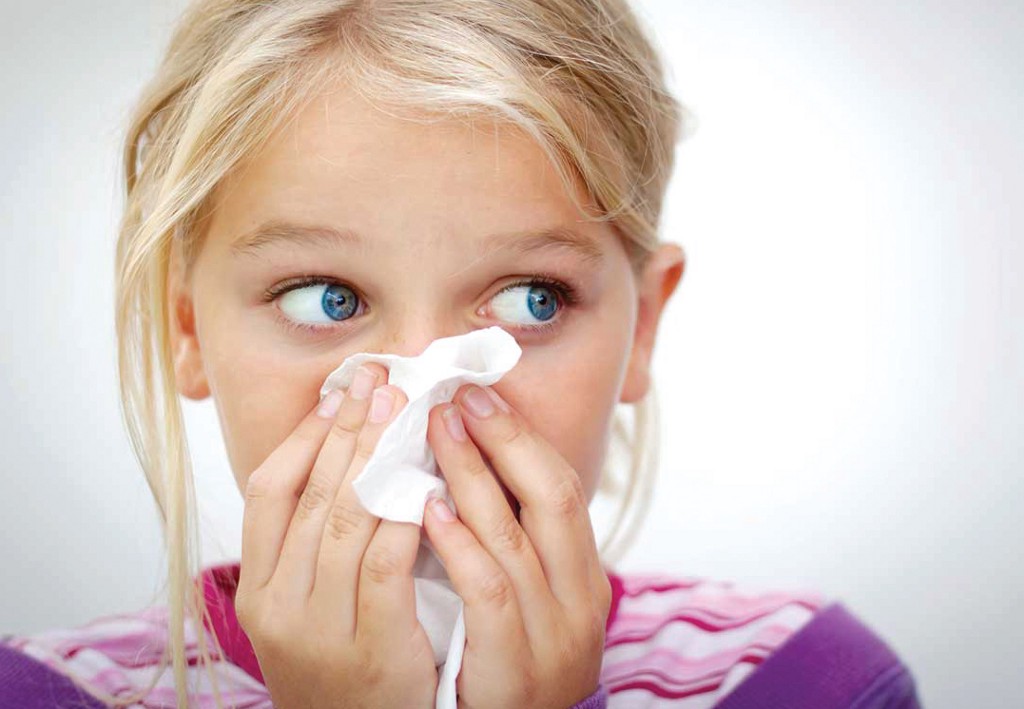
Rowan Medicine shares tips to alleviate cold symptoms in children

Editor’s note: The following content is supplied by Rowan Medicine.
The common cold can be caused by dozens of different viruses, and young children will catch more colds than adults or even their older siblings. As they grow older, the exposure to viruses allows children’s immune systems to develop better defenses against the common cold.
“Especially for younger children, catching a cold is relatively easy,” said Dr. Jacqueline Kaari, of Rowan Medicine Pediatrics in Sewell. “When an infected person coughs or sneezes, cold viruses are released into the air and can be inhaled by others. And those who cough or sneeze into their hands can deposit those viruses onto surfaces like doorknobs, handrails or toys. The next child who touches the same spot can then become infected by subsequently touching his or her mouth, nose or eyes.”
Because colds are caused by viruses, they cannot be cured by antibiotics or other medication, Dr. Kaari noted. Instead, she recommends the following to alleviate cold symptoms while your child’s immune system works toward overcoming the virus:
• Give pain relievers, such as acetaminophen or (for children older than six months) ibuprofen for aches and pains from a cold. Check with your child’s pediatrician first and be sure to only give the recommended dose. Don’t combine pain relievers with other medicines, such as decongestants and only give ibuprofen every six to eight hours (acetaminophen can be given every four hours).
• Use a suction bulb to clear the clogged noses of children who are too young to blow their own noses. Saline nose drops (available in drug stores) will help loosen mucus in the child’s nose.
• Keep a cool mist humidifier running in the child’s bedroom at night to loosen dry coughs.
• Avoid using cough suppressants. Coughing is nature’s way of helping to clear the lungs, so a “wet” cough is a good sign. If your pediatrician approves, you can give your child an expectorant (guaifenesin) to help break up mucus. A severe cold could keep your child coughing for a couple of weeks. If a cough lingers beyond that time or if the cough and other symptoms begin to worsen, contact your pediatrician.
• Wheezing should be evaluated by a medical professional to assure that an asthmatic process is not a new onset or the cause of coughing.
• Contact your pediatrician’s office if your child’s symptoms include vomiting, diarrhea or a high fever that doesn’t come down after medication.
“Plenty of liquids and lots of rest will help your child’s body to recover from a cold more quickly,” Dr. Kaari said. “And yes, it’s true. Chicken soup does help.”









